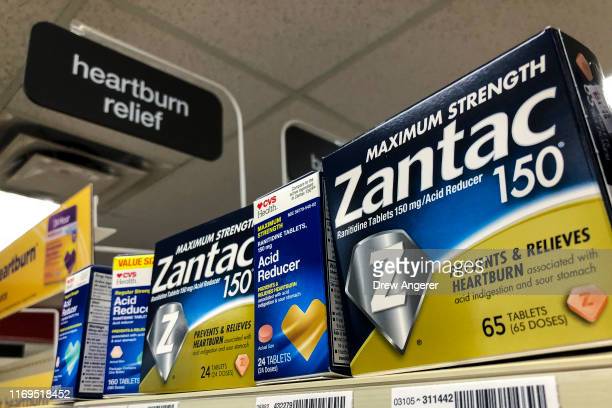
On April 2020, the Food and Drug Administration (FDA) requested that ranitidine products should be immediately removed from the market. According to FDA’s findings, ranitidine, also known as Zantac, contains NDMA, a contaminant declared by scientists as carcinogenic or a substance that might cause cancer in humans. Research has also shown that the longer Zantac stays on the shelf, NDMA found on it also becomes more toxic to the body.
According to FDA:
“FDA has found N-nitrosodimethylamine (NDMA) levels in some ranitidine products increase with time and temperature posing a risk to consumers, and therefore the agency has requested the withdrawal of all ranitidine products from the U.S. market.”
GSK scientists develop ranitidine in the 1970s but its patent was only granted in 1978. NDMA is the main chemical in Zantac. It is a yellow liquid that doesn’t have much odor or taste but it is known to be very toxic to the liver and that it causes cancer. Some experts claim that NDMA was already linked to 10 types of cancer since 1956, including “bladder, esophageal, liver, pancreatic, and stomach cancers”. Though, GlaxoSmithKline (GSK), the first manufacturer of the drug,continues to deny this by claiming “there is no reliable evidence” that NDMA causes cancer.
Regardless of what GSK claims, a review in 2021 finally gtheve a conclusion that this chemical can really cause cancer. As reported by Bloomberg Businessweek, “every public-health agency, from the Environmental Protection Agency to the FDA to the World Health Organization, says NDMA likely causes cancer in humans.”
Zantac is not the only drug that contains NDMA. Other drugs that are found to be contaminated with this carcinogen are “valsartan, losartan, and metformin”. Zantac, however, has been found to have more probability to cause cancer, especially when the drug stays on the shelf for a long period of time. In 1980, a report found that “ranitidine could potentially form a potentially dangerous, and cancerous, compound in the stomach”.
After the FDA’s withdrawal of this drug, thousands of people across the United States filed lawsuits against GSK. Many of these lawsuits are still pending and evidence revealed that GSK, including regulatory bodies, already knew long ago that NDMA is present in their drugs. Therefore, it is clear that GSK and health regulators have been ignoring this issue for a very long period of time. From the beginning to its end, GSK had been warned about the potential dangers of ranitidine or Zantac by its own scientists and by independent researchers. Four decades of Zantac on the market have shown these problems but most of the evidence has never made it to the public.
Up to now, GSK still denies that Zantac contains carcinogenic compounds. According to one of the company’s spokesperson, Kathleen Quinn, “the court’s view is consistent with the position that GSK and other co-defendants have taken throughout this litigation.” In Florida, GSK said it was glad that “unreliable and litigation-driven science did not enter the federal courtroom.” And on February 7, “the same Florida judge issued a new ruling which will not allow tens of thousands of Zantac lawsuits to be combined”, according to Law360.
References:





